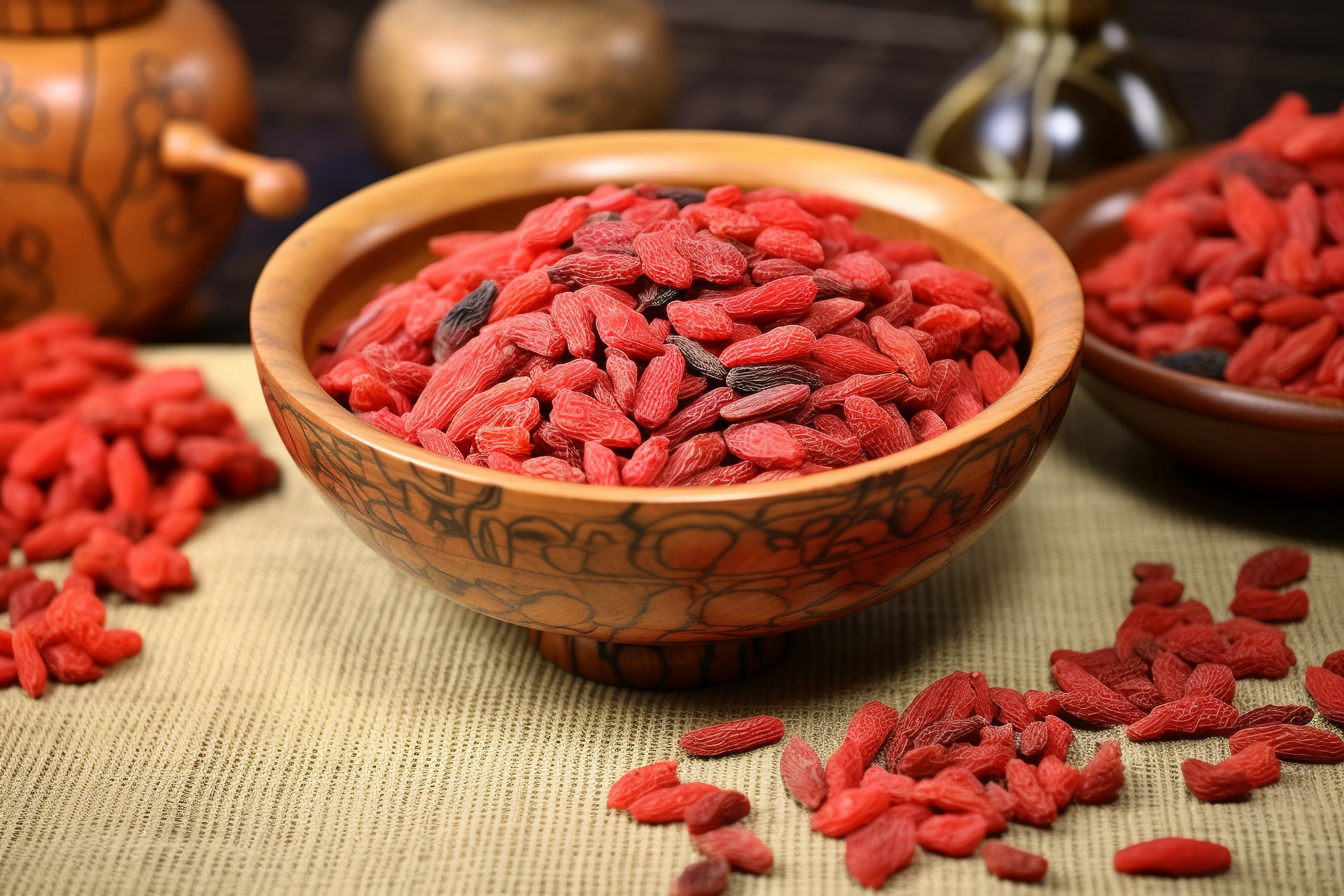Although the name "centipede grass" may sound a bit "terrifying," it actually has no relation to centipedes. It is a type of traditional Chinese medicine that has the function of clearing heat and detoxifying. It not only has the effect of reducing swelling and relieving pain, but also can alleviate toothache!
【Ecological Characteristics of Centipede Grass】
Centipede grass prefers moist soil and higher air humidity. It is relatively shade-tolerant and its suitable temperature for growth is between 16 to 24 degrees Celsius. Centipede grass does not like direct sunlight, and bright scattered light can promote its growth.
The potting soil of centipede grass should not be dry, and sufficient nutrients should be ensured. It needs to be watered abundantly in spring and autumn to keep the soil moist, but overwatering should be avoided, otherwise the leaves may turn yellow and fall off.
In addition to watering, it needs to be sprayed with water several times a day in summer. Especially for hanging cultivation, higher air humidity is required. Otherwise, if the air is dry, the fronds may curl and become dry.
Centipede grass does not have a true root system, only adventitious roots that grow from the main axis and rhizomes. Shade net with a light transmittance of 50% to 60% is appropriate for large-scale cultivation.
Centipede grass is a widely used ornamental fern. Its leaves are dark green and evergreen throughout the year, with a beautiful shape and full of vitality. It is often used as a decoration for living rooms, offices, and bedrooms.
【Efficacy and Functions of Centipede Grass】
1. Detoxification
Centipede grass has a strong detoxification effect. It can help the body eliminate accumulated waste and toxins, which is beneficial to overall health. It can also relieve symptoms such as fever and cold.
2. Reducing Swelling
When crushed and applied externally, centipede grass can effectively eliminate swelling and pain, and significantly reduce pain and discomfort. In addition, it also has a diuretic effect, which can alleviate symptoms such as urinary obstruction or painful urination.
3. Clearing Heat and Reducing Fire
It has the effect of clearing heat and reducing fire, which is suitable for people with excessive internal heat. Moreover, it can nourish the lungs and alleviate symptoms of cough.
4. Treating External Injuries
Centipede grass can be used to treat wounds, burns, bruises, and even centipede bites. It can also to some extent treat acute enteritis.
【Medicinal Value of Centipede Grass】
Centipede grass, also known as "yizhihao," "yuyicao," and "julcao." It is harvested during its flowering period in summer and autumn, and dried for storage. Its taste is bitter, slightly warm, toxic, and it enters the heart, liver, and lung meridians.
Centipede grass in medicine has the functions of promoting blood circulation, dispelling wind, relieving pain, and detoxification. It can be used to treat bruises, rheumatic pain, lumps, abscesses, and other conditions. It can be used for internal use in decoction, as well as soaking in alcohol or as an ingredient in powder formulations.
For treating bruises, soak centipede grass in alcohol and apply it externally;
For treating severe injuries, pain, and swelling, grind centipede grass 6 grams, pinellia ternata 9 grams, and radix angelicae dahuricae 9 grams together to make a powder. Dissolve 0.3 grams of the powder in boiling water and swallow it.
For treating toothache caused by excessive internal fire, grind centipede grass into a paste and rub it on the temples. If the pain persists, take more leaves and put them in the painful area to relieve the pain.












